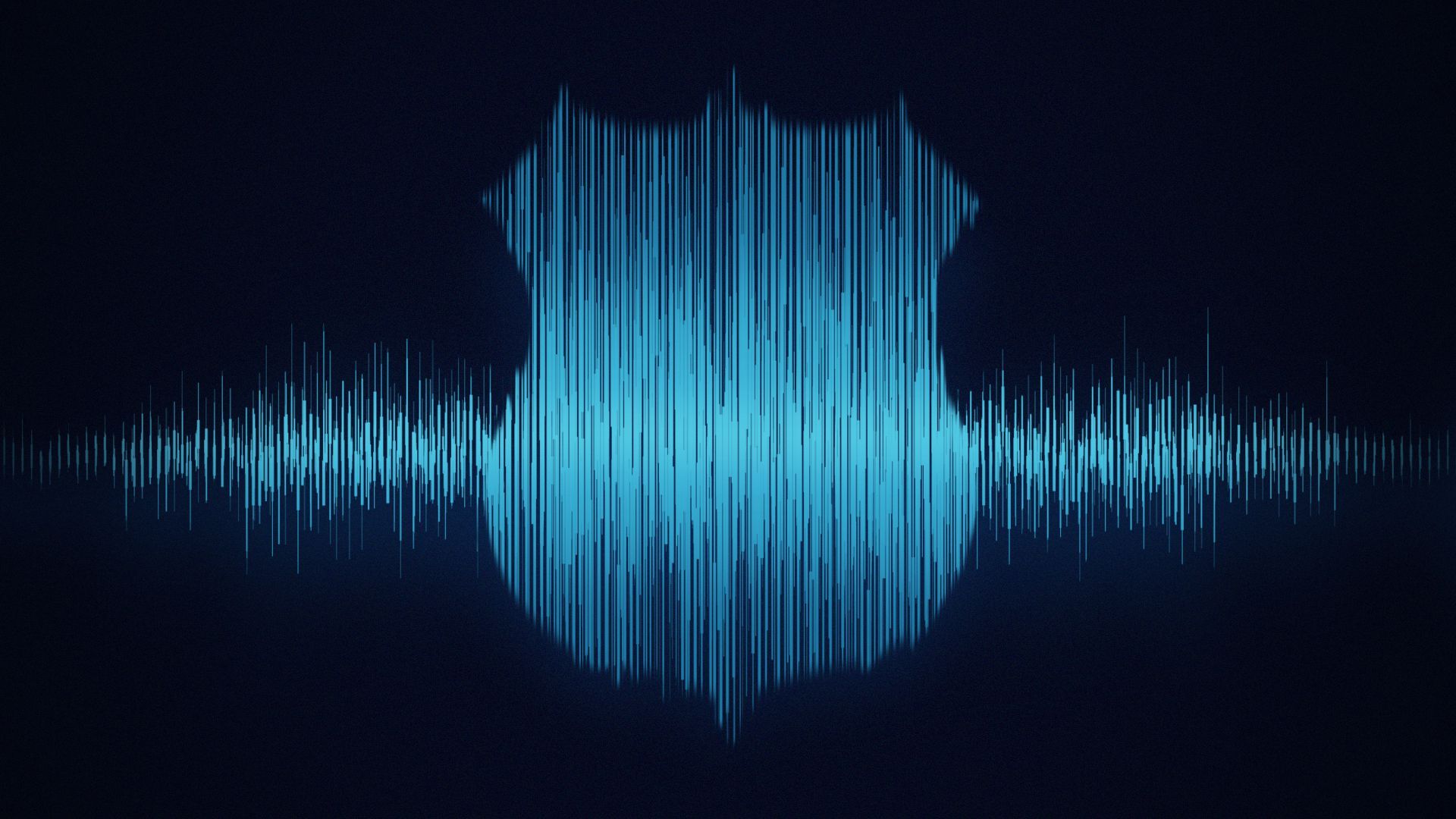| | | | | | | Presented By AlixPartners | | | | Axios What's Next | | By Jennifer A. Kingson, Joann Muller and Alex Fitzpatrick · Jan 31, 2023 | | Tech can't prevent police violence on its own — but some departments are turning to a new tool to address bad behavior before it escalates, Jennifer reports today. - Join Axios on Thursday, Feb. 2, at 12:30 p.m. ET for a conversation forecasting media trends in 2023 and analyzing the year's biggest stories so far. Register here to attend.
Today's newsletter is 1,163 words ... 4½ minutes. | | | | | | 1 big thing: AI bodycam analysis |  | | | Illustration: Allie Carl/Axios | | | | A small but growing number of police departments are using a new AI system that analyzes officers' bodycam footage and flags problematic encounters, Jennifer A. Kingson reports. Why it matters: Police departments may be more likely to seek out such tools after five Memphis Police Department officers were charged with second-degree murder and other crimes in the death of Tyre Nichols. - The platform, developed by a company called Truleo, is designed to identify behavior problems with individual officers as well as potentially troubling patterns within a department.
How it works: When police departments sign up with Truleo, audio recordings from all officers' bodycams are fed into its system daily for automatic transcription and analysis. - The platform reviews the recordings in seconds using natural language processing, highlights good and bad interactions, and sends reports to supervisors.
- Officers who are polite and professional when a citizen refuses to obey a command get an email praising their performance — as does their sergeant.
- If an officer uses profanity, racial slurs, insults or threats — or gets into an inappropriate physical altercation — their boss finds out within hours.
The system — developed by reviewing more than 50,000 "positive interactions" between police officers and non-compliant citizens — detects language use as well as actions such as violence, pursuits, arrests and requests for medical attention. - Problematic phrases — like "I can't breathe" or "you're hurting me" — get flagged right away.
What they're saying: "It gives the sergeant a roadmap to explain to the officers how to be more professional," says Anthony Tassone, CEO of Chicago-based Truleo. - "The number one feature you want in an officer is someone who gives a lot of explanation relative to commands," Tassone tells Axios.
- But "we see a lot of officers, especially young officers, who give lots of commands with no explanation" — and such encounters are more likely to end badly.
- In the Nichols case, officers gave 71 commands in 13 minutes — including "dozens of contradictory and unachievable orders," a New York Times analysis found.
Where it stands: Since its launch a year and a half ago, Truleo's system has been adopted by the Seattle Police Department — which just re-upped with a two-year contract — and about a dozen California departments. - Police in Aurora, Colorado — who are under a consent decree with the state's attorney general over racial bias and excessive use of force — are also about to start using the system.
By the numbers: Truleo costs about $50 per officer a month, which can be offset through insurance reductions or grants to improve community policing. Reality check: With or without AI, bodycam footage can only be used as an aid to help prevent police violence if officers keep their cameras rolling, and if chiefs, sergeants and other leaders immediately address problematic behavior. - "The number one problem I have is a chief who doesn't want to know what's on this video," Tassone says. "That breaks my heart."
- Most bodycam footage lies untouched unless there's a civilian complaint or obvious problem — like Nichols' death. "The hardware itself doesn't improve policing," Tassone says. "You've got to analyze the data."
The bottom line: As the number of high-profile civilian deaths continues to mount, expect more police departments to seek out solutions that promise to improve accountability. Share this story. |     | | | | | | 2. Goodbye, 747 |  Source: Boeing; Graphic: Lindsey Bailey and Rahul Mukherjee/Axios; Note: Graphic for illustrative purposes only Boeing's last commercial 747 is set to be delivered today, Alex Fitzpatrick reports, more than 50 years after the iconic plane helped change air travel forever. - The last "Queen of the Skies," as they're sometimes called, is a freighter variant made for cargo operator Atlas Air.
Why it matters: The 747 — the world's first twin-aisle passenger jet — came to symbolize the era in which mass travel by air became not just possible, but commonplace. - Yet advances in airplane design and engine technology eventually led airlines to favor more efficient twin-engine designs, like Boeing's 777 and Airbus' A350.
Yes, but: The 747 isn't disappearing from the wild blue yonder anytime soon. - Lufthansa and Korean Air both still offer 747 passenger service — though many other airlines, such as British Airways and KLM, have retired their fleets.
- Cargo operators such as Atlas, however, are still flying their 747s.
- And the president of the United States will keep flying on (heavily modified) 747s for the foreseeable future.
Share this story. |     | | | | | | 3. AI rockets ahead |  | | | Illustration: Lazaro Gamio/Axios | | | | The overnight success of ChatGPT is kicking off a tech-industry race to bake AI into everyday products and decision-making with little government oversight, Axios' Ashley Gold writes. Why it matters: ChatGPT's uncanny ability to spit out stories, articles and recipes is heating up AI awareness and concerns — yet there's almost no effective U.S. regulation of the technology in place, raising fears it could promote bias, misinformation, fraud and hate. Where it stands: Lawmakers have been talking about AI's promises and perils for many years. - Yet as with previous waves of tech innovation, products' speed-to-market has far outstripped the government's readiness to regulate.
- For every leader pushing for fast, strong AI rules, there's another warning that premature regulation could stifle progress and limit American efforts to compete with China and other rivals.
What to watch: It's possible the rapid-fire adoption of ChatGPT will push regulators to move more quickly on AI rules — but such efforts face political hurdles and practical obstacles, since AI has so many different uses. Read the rest. |     | | | | | | A message from AlixPartners | | Today's business environment is tougher than ever | | |  | | | | The pandemic forced business leaders to face the inevitability of disruption — but that was just a dress rehearsal. What you need to know: 98% of companies are changing their business models to adapt to supply chain issues, inflation and more. Get the AlixPartners Disruption Index report. | | | | | | 4. Lonely layoffs |  | | | Illustration: Natalie Peeples/Axios | | | | The recent wave of layoffs in the tech industry and beyond is exposing a harsh reality of remote and hybrid working, Axios' Erica Pandey writes: Virtual layoffs add a distinct layer of loneliness and stress. - The experience is especially jarring for younger workers, many of whom joined their jobs remotely.
What they're saying: "The hardest thing was that we didn't get to say goodbye," says Madeline Whitney, a 2022 college graduate recently laid off from Yext, a midsize tech company. - She joined a morning call that popped up on her calendar, and after a five-minute conversation, her job was gone.
The big picture: Another anxiety for laid-off remote workers: finding their next job. - 41% of office workers are confident in their ability to find a new job in a month if they're let go, compared with 24% of remote workers, per a recent CNBC/Momentive survey.
Read the rest. |     | | | | | | 5. A big race for small reactors |  | | | Illustration: Gabriella Turrisi/Axios | | | | Four companies in the U.S. and Canada have joined forces to build what they say will be North America's first small modular nuclear reactor as soon as 2028 — potentially beating a rival design by a year, Axios' Alan Neuhauser reports. Why it matters: The companies selected a design from GE Hitachi Nuclear Energy, all but anointing the North Carolina company as the first to bring a small nuclear reactor online. Catch up quick: Small modular reactors are the hot new thing in nuclear power, which is gaining steam as a relatively clean energy source. - One advantage: Modular reactors can fit in places that can't accommodate large, traditional nuclear plants.
Read the rest — and subscribe to Axios Pro: Climate Deals. |     | | | | | | A message from AlixPartners | | 98% of executives say their business models must change | | |  | | | | The 4th annual AlixPartners Disruption Index surveyed 3K CEOs and senior executives to learn how shifts in the global economy disrupt their companies. Here's why: Disruption has 75% of CEOs anxious that their company isn't adapting fast enough, while 85% don't know where to start. Read the report. | | | | Big thanks to What's Next copy editor Amy Stern. Was this email forwarded to you? Get your daily dose of What's Next by signing up here for our free newsletter. |  | | Are you a fan of this email format? Your essential communications — to staff, clients and other stakeholders — can have the same style. Axios HQ, a powerful platform, will help you do it. | | | | | | Axios thanks our partners for supporting our newsletters.
Sponsorship has no influence on editorial content. Axios, 3100 Clarendon Blvd, Arlington VA 22201 | | | You received this email because you signed up for newsletters from Axios.
To stop receiving this newsletter, unsubscribe or manage your email preferences. | | | Was this email forwarded to you?
Sign up now to get Axios in your inbox. | | | | Follow Axios on social media:    | | | | | |










No comments:
Post a Comment